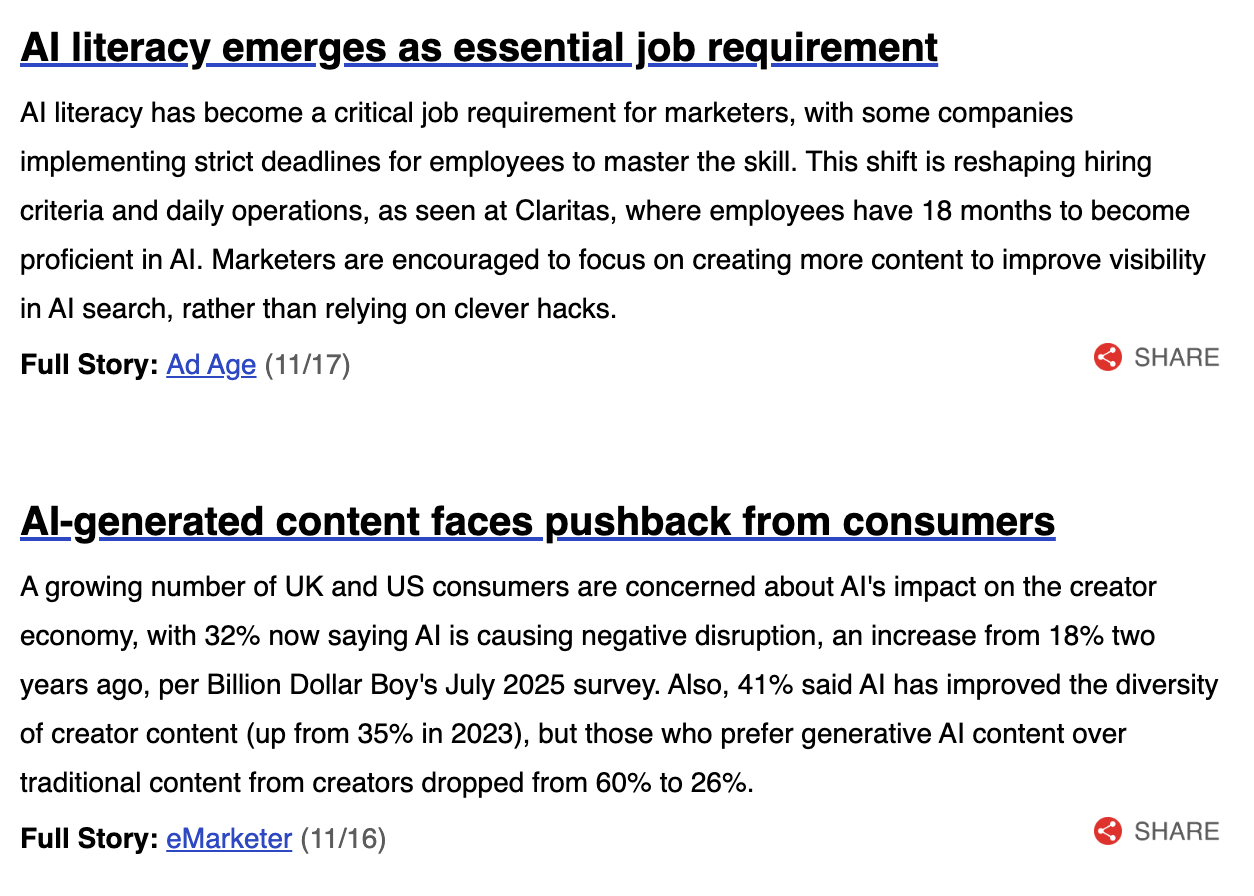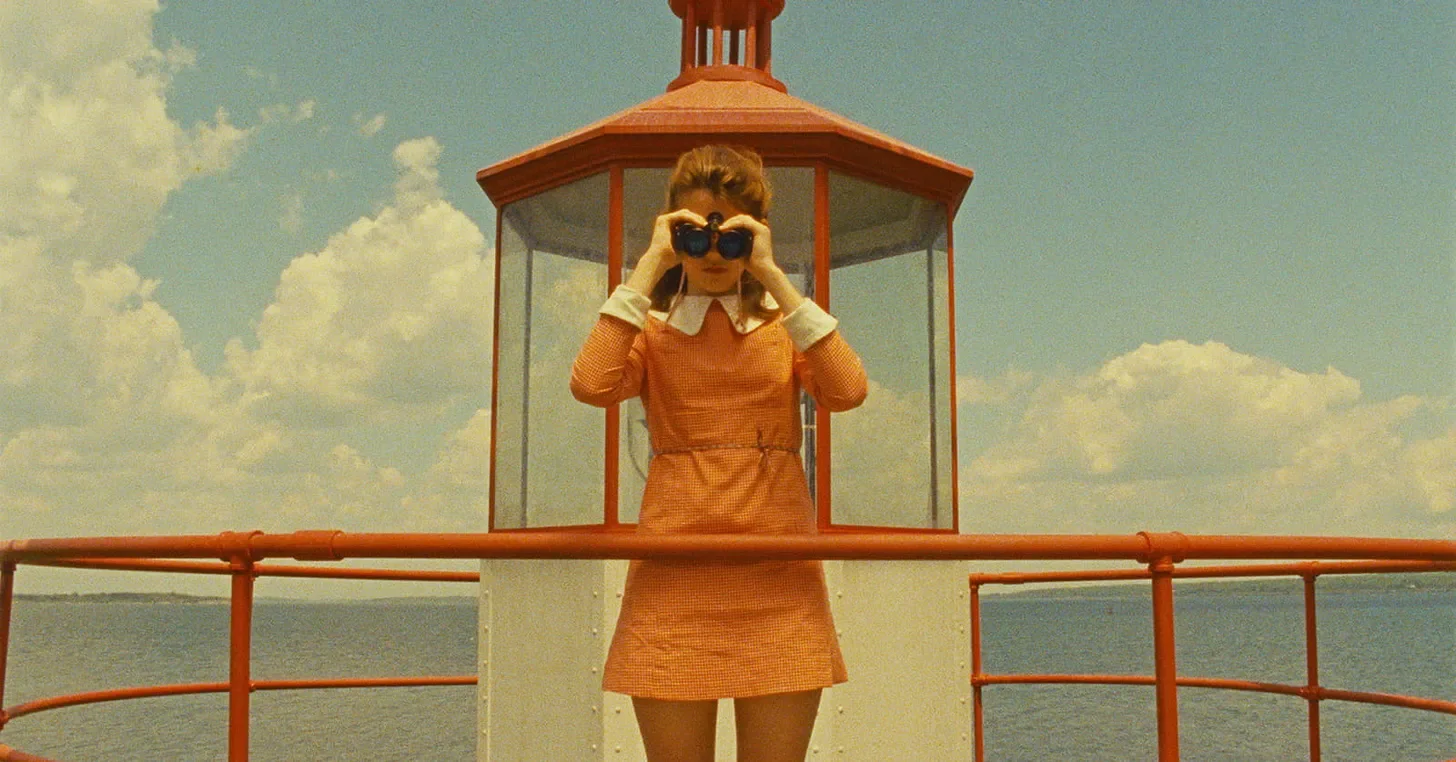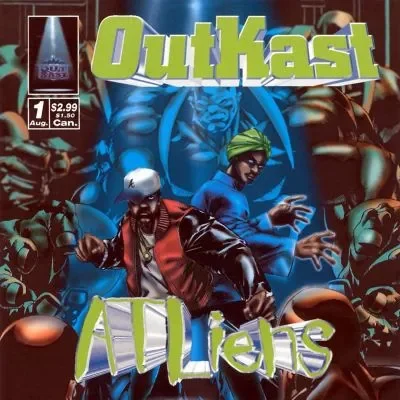The Future of Creativity is Up for Debate
AI already won efficiency. The real fight now is for meaning.
This morning, the AAF SmartBrief served me two headlines back-to-back that couldn’t have contradicted each other more if they tried.
To be clear: this isn’t AAF’s fault. They’re just aggregating the industry. But the industry itself? It doesn’t know whether to look left or right, and it’s currently speaking out of both sides of its mouth.
So what’s going on here?
AI makes companies more efficient.
AI does not make consumers happier.
Brands want their agencies to use AI because it saves time and money.
Consumers want creators to avoid using AI because it makes the content feel impersonal, low-effort, and lazy.
This is why Gen Z will say “don’t use AI to make art” while also using AI to shop, search, and scroll. The tolerance changes with the activity.
But even when AI gets good – really good – I’m not convinced that solves the problem.
The issue isn’t just the quality of the work. It’s what happens internally when we know something was made without a human on the other side.
There’s an ethical line coming toward us fast, and it’s going to force people to stake a claim on what they believe creativity actually is.
It’s not about the law. It’s not about money. It’s about creative philosophy.
Even if AI nails the craft – looks, sounds, and feels like it was made by humans – we’re still losing something in the process. The creative process is not just a giant void. There is so much value to be extracted from that process. All the failure. All the tries. All the visions that never led anywhere. But that’s part of it.
We’re surrendering our humanity when we let AI be “creative.” This isn’t just nostalgia, it’s not technophobia. And it’s not insecurity. It’s the pipeline of human references the next generation is supposed to grow up with. It’s the cultural talking points that we’ve already began to lose out on with algorithm-based social media and echo chambers.
If the next generations never learn the processes behind anything – the hours, the obsession, the taste, the failure – we’re failing our own species. The best creativity comes with obsession. Surrounding your entire life with that thing, and making it as great as it can be. Through trial and error. Talking it out. Thinking about it critically.
Younger generations won’t have favorite movies, or favorite albums – or even songs – favorite paintings, or favorite books. They won’t know what a Wes Anderson color palette looks like, and they won’t understand when we’re discussing Eminem’s rhyme schemes or Rakim’s flow. Everything they consume will be artificial, and won’t have any ties to the human experience.
All their creative associations will be fabricated, and we won’t understand the consequences of that until years later, when an entire generation realizes they don’t have any original well to draw from.
Creativity shouldn’t be the byproduct of efficiency. Creativity is supposed to cost something – time, thought, intention. That’s the whole point. The effort is part of the meaning. OutKast didn’t make ATLiens in an hour with a prompt. The stories came from years of their lived experiences growing up in Atlanta. André 3000 and Big Boi collaborated in a little room for years to bring their shared vision to life. And it’s one of the greatest hip-hop albums ever recorded.
When you remove the process, you remove the humanity.
And when you remove the humanity, you get content. Not culture. And not art.
And that’s why those two SmartBrief headlines shouldn’t surprise us.
Marketers are being told AI is essential for survival.
And consumers are telling us AI makes the work feel hollow.
Both are true.
This whole debate isn’t about efficiency or technology. It’s about our threshold for losing the human touch.
The industry is racing toward AI because it can, and because they see profits in that direction. But the audience is pulling back because it feels something isn’t right.
The tension is the gap between content and culture. And if we don’t protect the difference, we’ll wake up in a world – not too far from now – where the work is faster, cheaper, and infinitely more empty.
Thank you Mark Allen, for allowing me to enroll in his graduate-level course “Creativity, Art, and Problem-Solving,” where lots of my creative philosophies were formed or enhanced. I don’t think I’d be where I am today without your #ThoughtLeadership.



